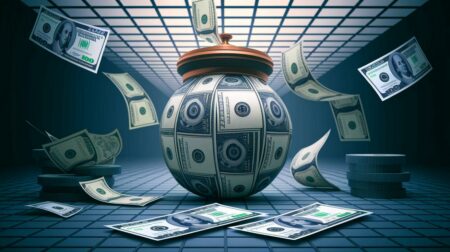Over the past decade sustainability has gone from niche to mainstream in the corporate world. A new report looks into what this change actually means for the CEOs of the largest global corporations.
Titled A Decade to Deliver: a Call to Business Action, the report sums up the views of over 1,000 CEOs on a diverse range of sustainability matters in relation to the future of their companies. It also comes as the sixth study in a series of similar reports revolving around CEO perspectives on sustainability.
Created by the United Nations Global Compact in collaboration with Accenture Strategy, the report covers companies from 21 industries and 99 countries and is billed as “the world’s most comprehensive CEO Study to date on the business contribution to the UN Sustainable Development Goals”.
The report notes some significant statistics. Most notably, 99% of CEOs finally believe sustainability is important for the future of their business. Hope also comes from the fact that 21% of CEOs believe that “business is currently playing a critical role in contributing to the Global Goals” and 71% believing that ”with increased commitment and action — business can play a critical role in contributing to the Global Goals”.
Still, a quarter of CEOs see no link between sustainability and business value, yet only 8% highlight a lack of knowledge. On a positive note, the authors note that “CEOs’ inability to link sustainability to business value has consistently fallen since 2013”. Importantly, the CEOs in the study have also reflected on whether global challenges facilitate or constrain their sustainability efforts.

In addition to expressing CEO options, the authors summarize insights into three calls to action: (1) starting at home; (2) changing how we collaborate; and (3) defining responsible leadership. The first one talks about rising ambitions within companies, as well as facilitating transformations within the industry and driving technological innovation.
The second call acknowledges the need for more honesty about the real challenges and impacts, aligning them with a recent report by the WBCSD. Lastly, the third call to action revolves around responsible leadership, calling on CEOs to lead sustainability for their organizations and markets, within their ecosystems and as individuals in their own lives.
This last call suggests that business leaders should make sustainability a cornerstone of their mindset. Such all-encompassing dispersion will require a deep understanding of the science and politics behind sustainability, immunity to greenwashing, and the ability to make right and complex choices under important global frameworks.
António Guterres, secretary-general of the United Nations, notes that the private sector accounts for 75% of the global GDP. “Moving forward, collaboration with business — and the key CEOs in the world — is crucial when it comes to fighting climate change,” he stresses.
Three business leaders quoted concur. “There is no difference between our business strategy and our sustainability strategy…they are totally integrated,” says Alan Jope, CEO of Unilever, a British-Dutch transnational consumer goods company. Alex Ricard, chairman and Chief Executive Officer at Pernod Ricard, makes a bold prediction for the future. “I believe businesses that are only targeting profits will die,” he says. “Only those targeting all stakeholders will remain profitable in the future”.
The purpose of the report can be summed up with the words of Steve Cahillane, chairman and CEO at Kellogg Company: “Being at the forefront of solving some of the most intractable problems the world is facing is the morally right choice,” he says. “And we know what we do today — individually and collectively — will tell the tale about humanity, well into the future.”
Did you like it? 4.6/5 (30)







